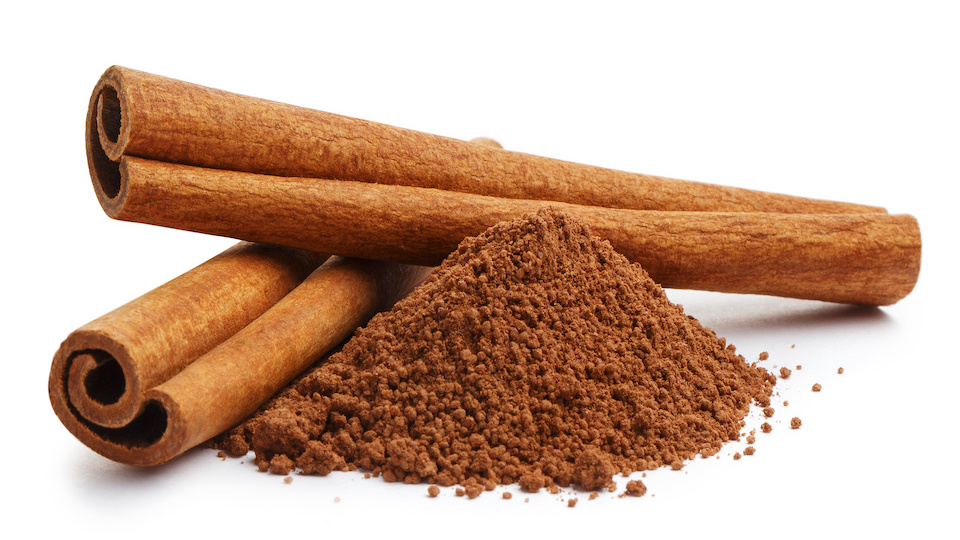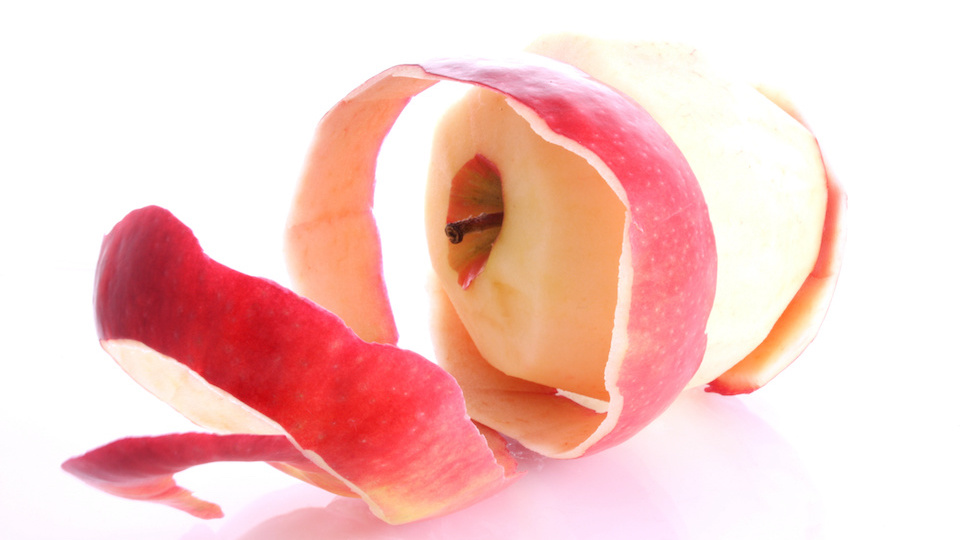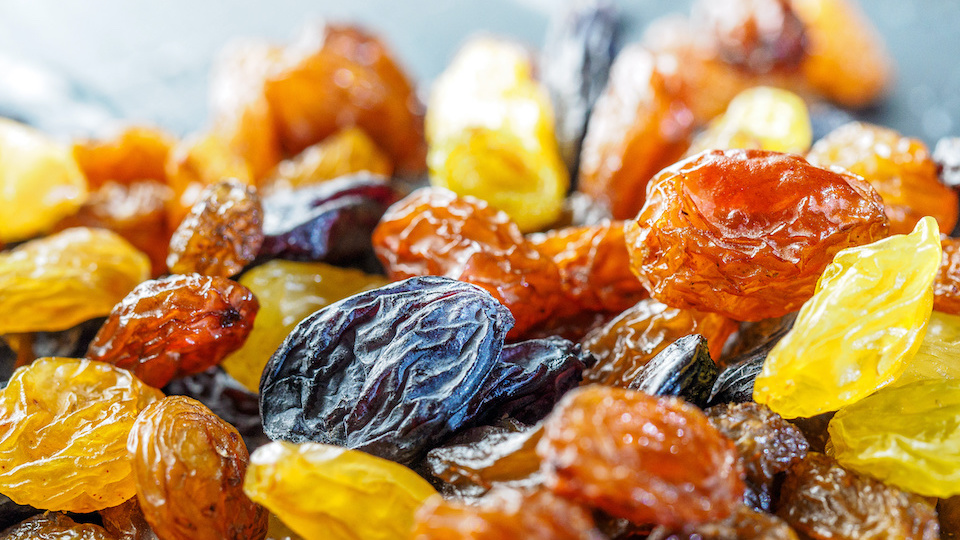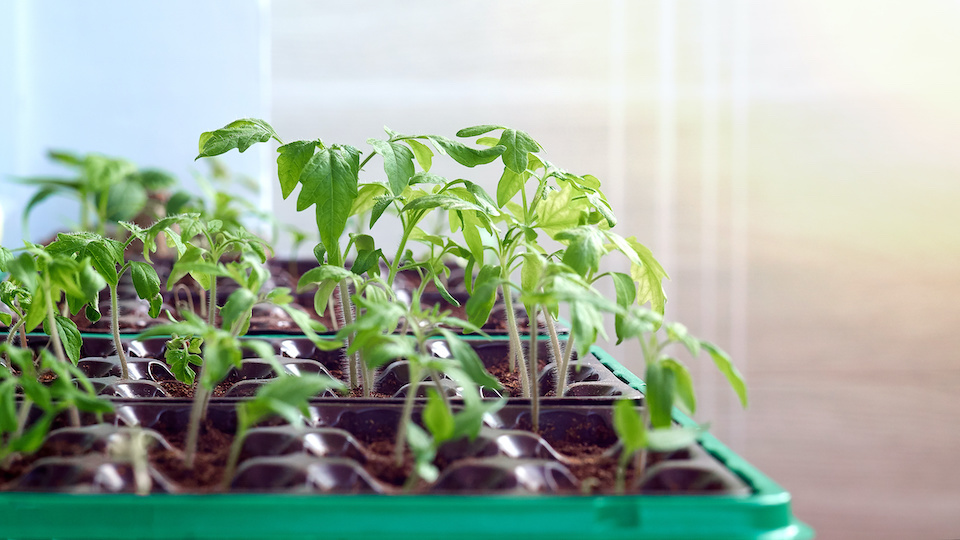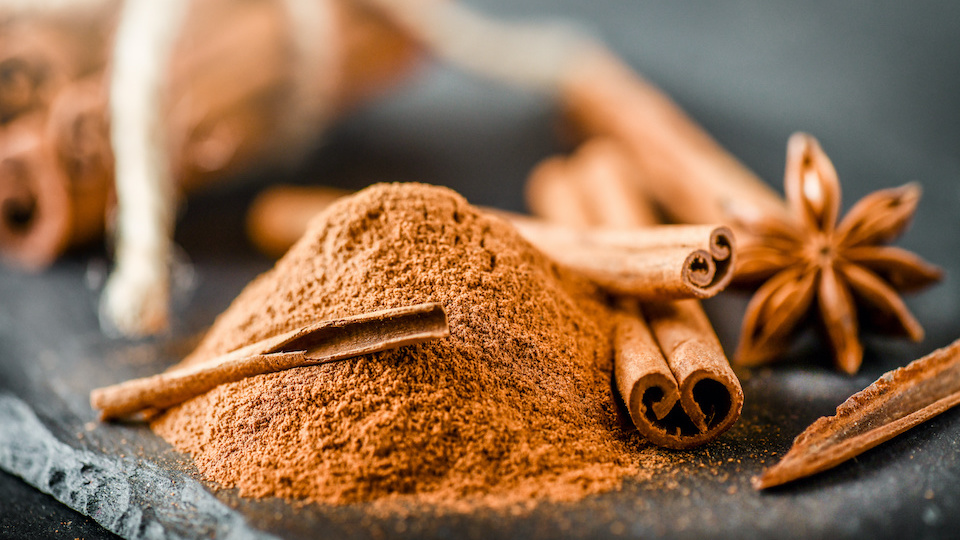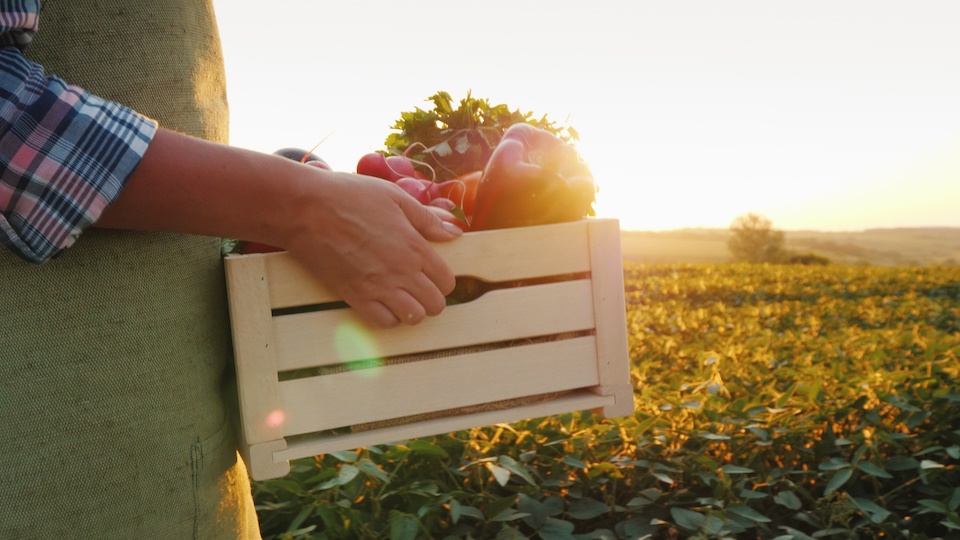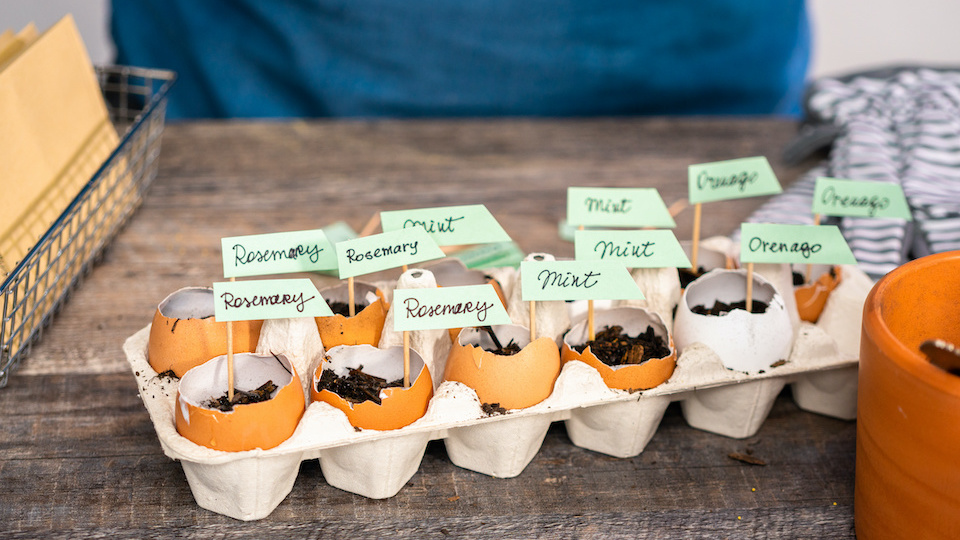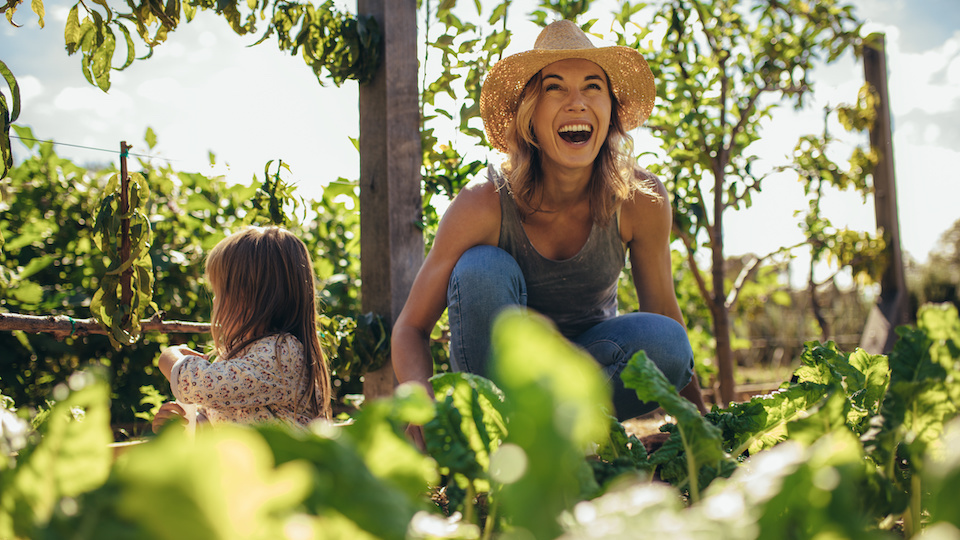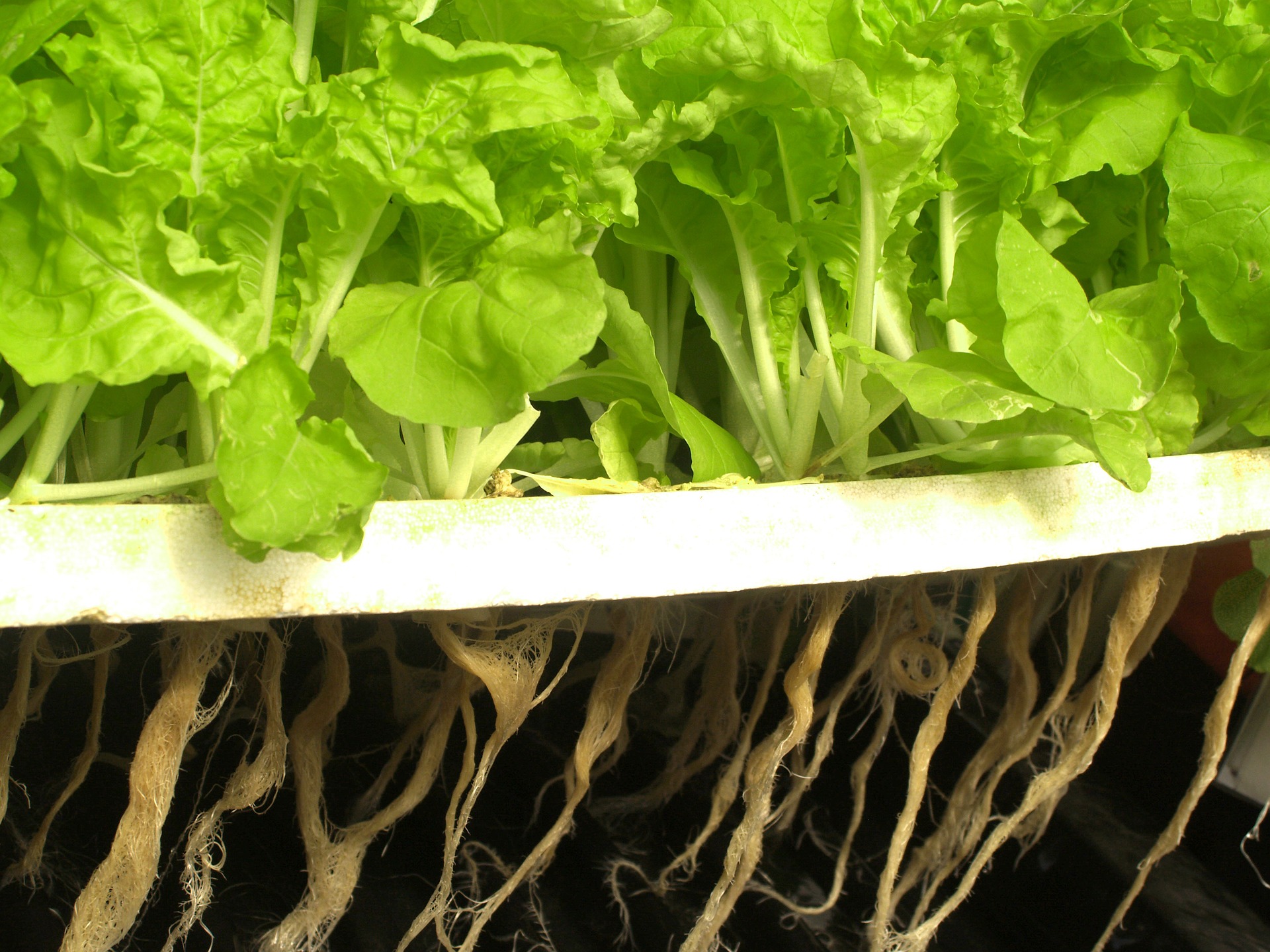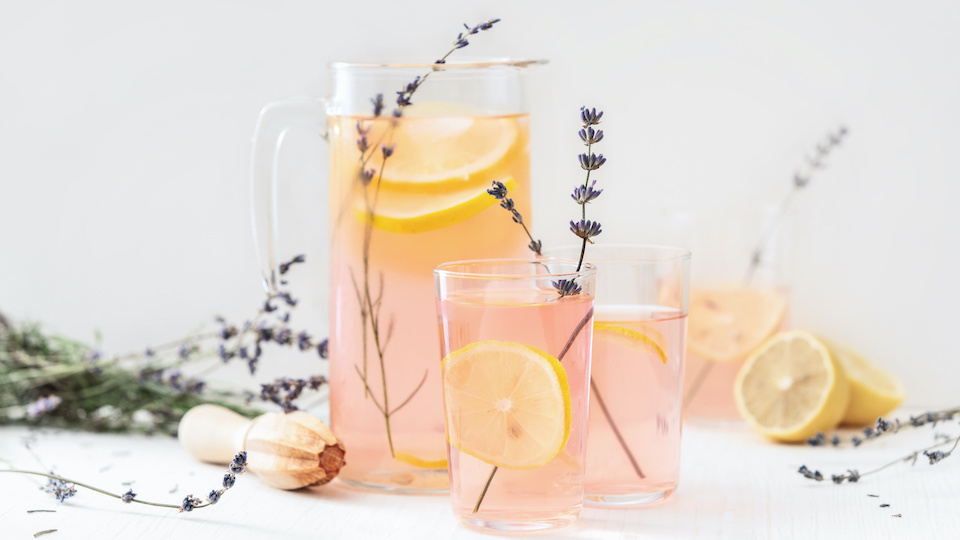Lower Blood Sugar with Cinnamon: Here’s How to do It
Cinnamon has a long history and is one of the oldest spices known to humanity. It received honorable mentions in the Bible and was used in ancient Egypt to flavor beverages, as medicine, and as an embalming agent. Some ancient Chinese botanical medicinal writings date its use as far back as 2700 BC.


